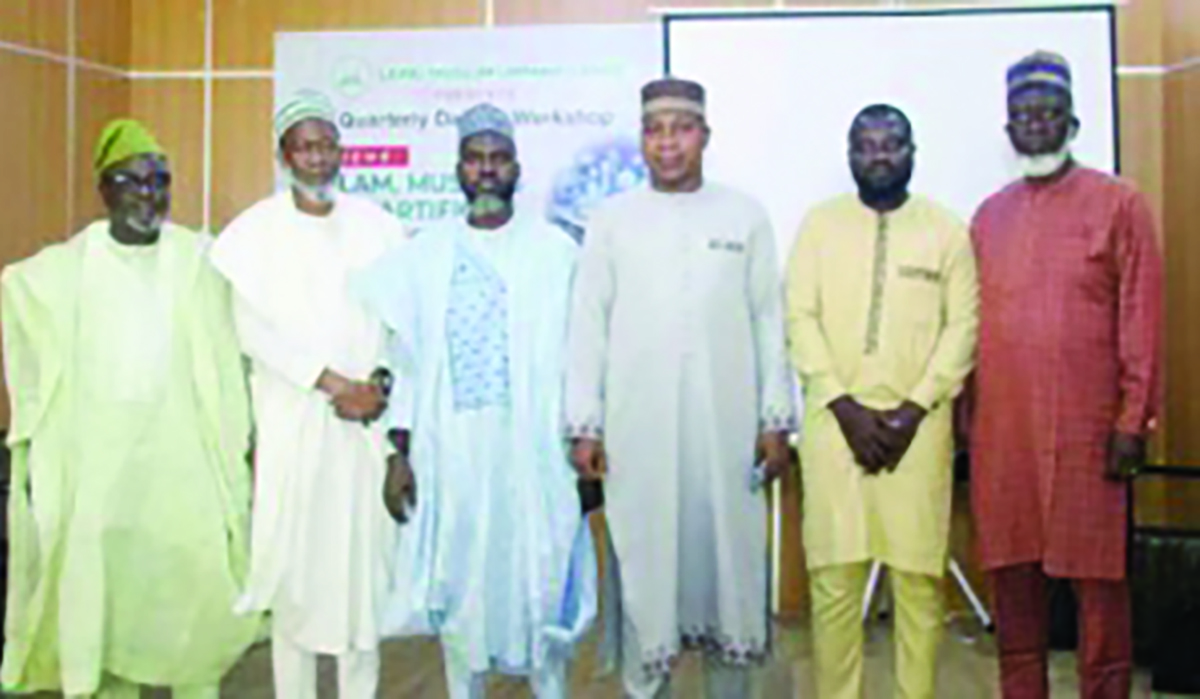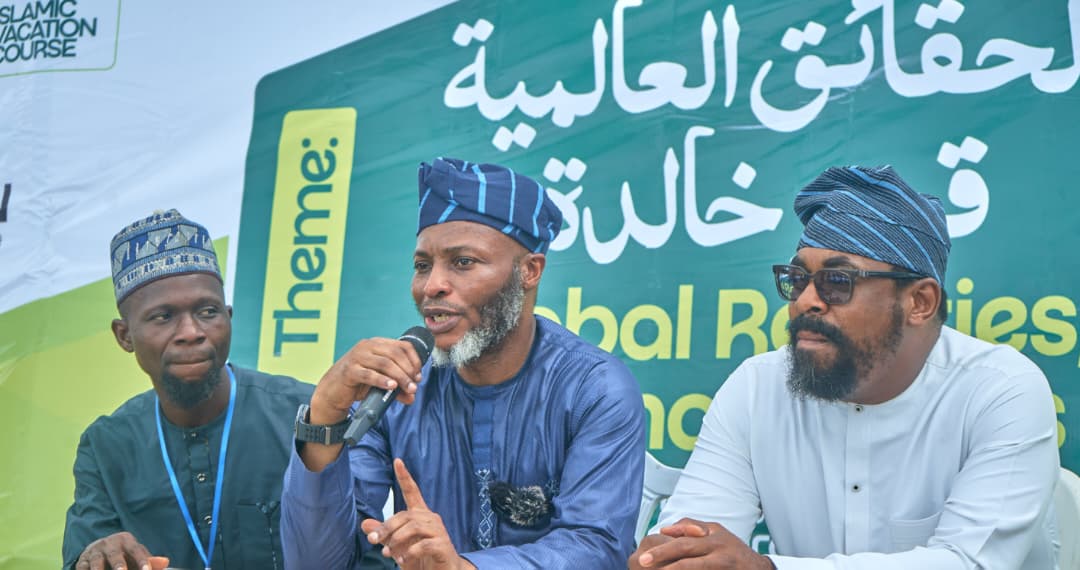
Brethren, the highpoints of our sermon, today, include: (1) Prophet Ibrahim is the model to be followed (Q6:38; Q2:130; Q16:123). Our interest is the family issues that led to the greatest event and the greatest benefits to mankind. Ibrahim worked, sacrificed, endured and prayed as he was compelled to do heijra (migration) away from domestic conflicts leading to the establishment of a nation and the way of their access to Allaah and His Pleasure (Q14:35-41).
(2) Allaah (SWT) commands the believers to take refuge in the Kaaba (sacred mosque in Makkah) as an asylum and the station of Ibrahim as musallah (Q22:26). If the custodians of the asylum now behave in such a way to compromise the sanctuary and desecrate the city, the fault is more of the ignorant global Muslims who do not see Islam beyond the rituals.
(3) Hajj and the acts/rites of hajj are perhaps the peak of the display of Faith in the unseen and acceptance and compliance with instructions that are hardly understandable and intellectualisable.
The following are quite striking as non-rational behaviours out of Faith and Taqwah:
• The heijrah (migration) from Palestine to Makkah and the subsequent Sa’yu, zam zam and hair cut or shaving during hajj or Umra. We can only relate the production of zam zam to the rewards of sacrifice, enduring patience and answered prayers of Ibrahim and our mother Hajarah. The rest are taken by Faith.
• The reconstruction of the Kaaba and the call to mankind to come for hajj and the assurance that they would come.
• The Ihram that levels every pilgrim and ensures concentration and prevent distraction. But for Faith and Taqwah, many will want to avoid the Ihram for many socio-cultural reasons.
• The Tawaf and Kissing of the hajaral aswad (the black stone) are difficult to understand though it was said that the stone was a stone from heaven on which our father stood to rebuild the Kaaba. Many, like Umar, merely followed the Prophet.
• Standing at Arafat being the Hajj itself appears meaningless though it could be a symbolic meeting point of the children of Adam at the spot where Adam and Hawah met on the earth and a reminder of the standing before Allaah on the Day of Judgment.
• Stoning the jamrat doesn’t make immediate sense except as symbolic denunciation of shytan and commemoration of the stoning of same by our father, mother and Ismail.
• The sacrifice may be the most difficult part of the exercise to understand. The one that does the sacrifice has only a third of it and the more he gives out, the more his rewards. This is, indeed, a commemorative action taken in line with the attempted sacrifice of Ismail by his father, Ibrahim. The whole narrative is quite without immediate intellectual appreciation.
In essence, Hajj is a set of commemorative activities on the life and times of our father Ibrahim. He is the model for ever in Faith in the unseen and compliance with difficult to understand instructions and extreme sacrifice, patience and trust in Allaah in consistent prayers.
Where hujjaj (pilgrims) come back same as they left or worse, check their provision. Allaah commands Taqwah as the best provision (Q2:197). He also insists on Taqwah every inch of the way (Q2:196, 2:203, etc).
We ask Allaah to make this year’s hajj easy for intending and called hujjaj, and facilitate the ‘Id for those of us who would be at home. It may not be advisable to borrow to buy new clothes or ram.
May Allah give us the understanding and bless us in every part of our lives.
• Professor Taofiq Adesina Azeez is the Chief Imam, University of Abuja Muslim Community.






